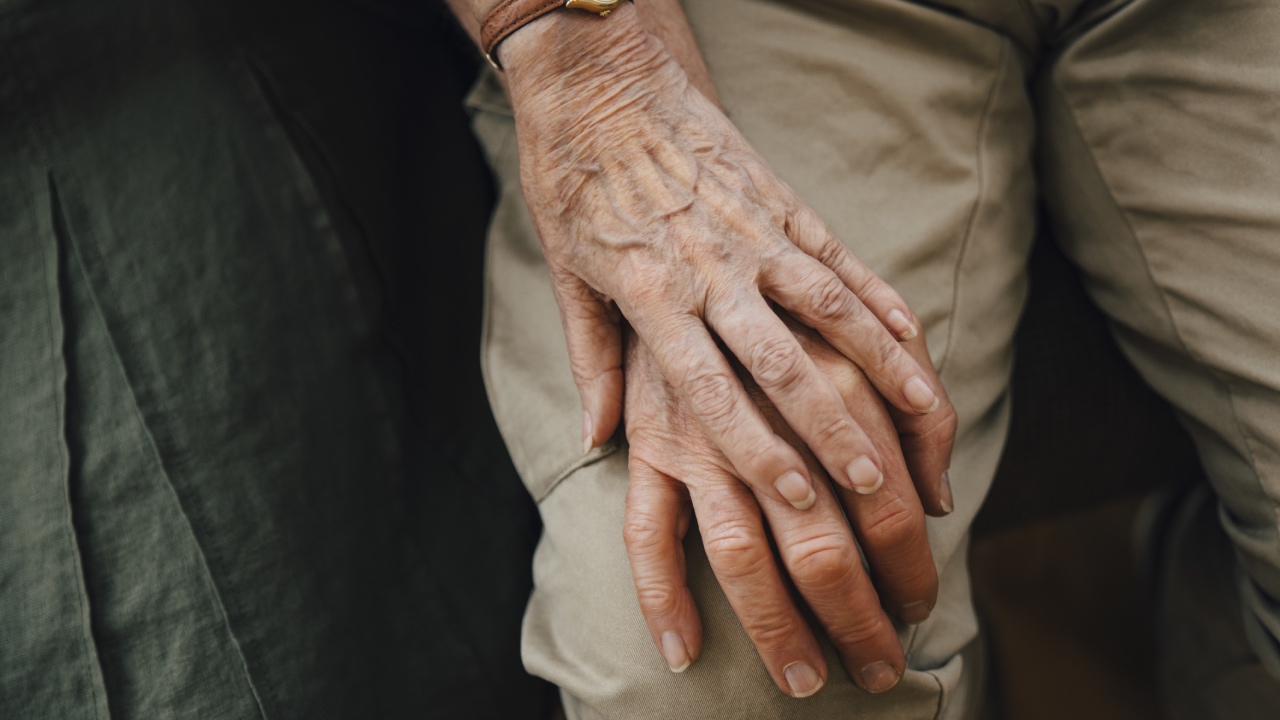Not all mourning happens after bereavement – for some, grief can start years before the death of a loved one

Lisa Graham-Wisener, Queen's University Belfast and Audrey Roulston, Queen's University Belfast
For many people, grief starts not at the point of death, but from the moment a loved one is diagnosed with a life-limiting illness.
Whether it’s the diagnosis of an advanced cancer or a non-malignant condition such as dementia, heart failure or Parkinson’s disease, the psychological and emotional process of grief can begin many months or even years before the person dies. This experience of mourning a future loss is known as anticipatory grief.
While not experienced by everyone, anticipatory grief is a common part of the grieving process and can include a range of conflicting, often difficult thoughts and emotions. For example, as well as feelings of loss, some people can experience guilt from wanting their loved one to be free of pain, or imagining what life will be like after they die.
Difficult to define, distressing to experience
Anticipatory grief has proved challenging to define. A systematic review of research studies on anticipatory grief identified over 30 different descriptions of pre-death grief. This lack of consensus has limited research progress, because there’s no shared understanding of how to identify anticipatory grief.
Therese Rando, a prominent theorist, has proposed that anticipatory grief can help prepare for death, contributing to a more positive grieving experience post-bereavement. Rando also suggests that pre-death mourning can aid with adjustment to the loss of a loved one and reduce the risk of “complicated grief”, a term that describes persistent and debilitating emotional distress.
But pre-death mourning doesn’t necessarily mean grief will be easier to work through once a loved one has died. Other research evidence shows that it’s possible to experience severe anticipatory grief yet remain unprepared for death.
Carers should seek support
Carers of people with life-limiting illnesses may notice distressing changes in the health of their loved ones. Witnessing close-up someone’s deterioration and decline in independence, memory or ability to perform routine daily tasks, such as personal care, is a painful experience.
It is essential, then, for carers to acknowledge difficult emotions and seek support from those around them – especially because caring for a loved one at the end of their life can be an isolating time.
Where possible, it can also be beneficial for carers to offer their loved one opportunities to reflect on significant life events, attend to unfinished business, and to discuss preferences for funeral arrangements. For some, this may involve supporting loved ones to reconnect with friends and family, helping them to put legal or financial affairs in order, talking about how the illness is affecting them, or making an advance care plan.
Talking is key
Living with altered family dynamics, multiple losses, transition and uncertainty can be distressing for all family members. It may be difficult to manage the emotional strain of knowing death is unavoidable, to make sense of the situation, and to talk about dying.
However, talking is key in preparing for an impending death. Organisations who offer specialist palliative care have information and trained professionals to help with difficult conversations, including talking to children about death and dying.
Navigating anticipatory grief can involve self-compassion for both the patient and carer. This includes acknowledging difficult emotions and treating oneself with kindness. Open communication with the person nearing the end of their life can foster emotional connection and help address their concerns, alongside support from the wider circle of family and friends.
Extending empathy and understanding to those nearing death – and those grieving their impending loss – will help contribute to a compassionate community that supports those experiencing death, dying and bereavement.
Lisa Graham-Wisener, Lecturer of Health Psychology, Queen's University Belfast and Audrey Roulston, Professor of Social Work in Palliative Care, Queen's University Belfast
Image credits: Getty Images
This article is republished from The Conversation under a Creative Commons license. Read the original article.
